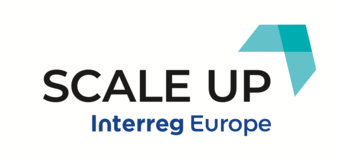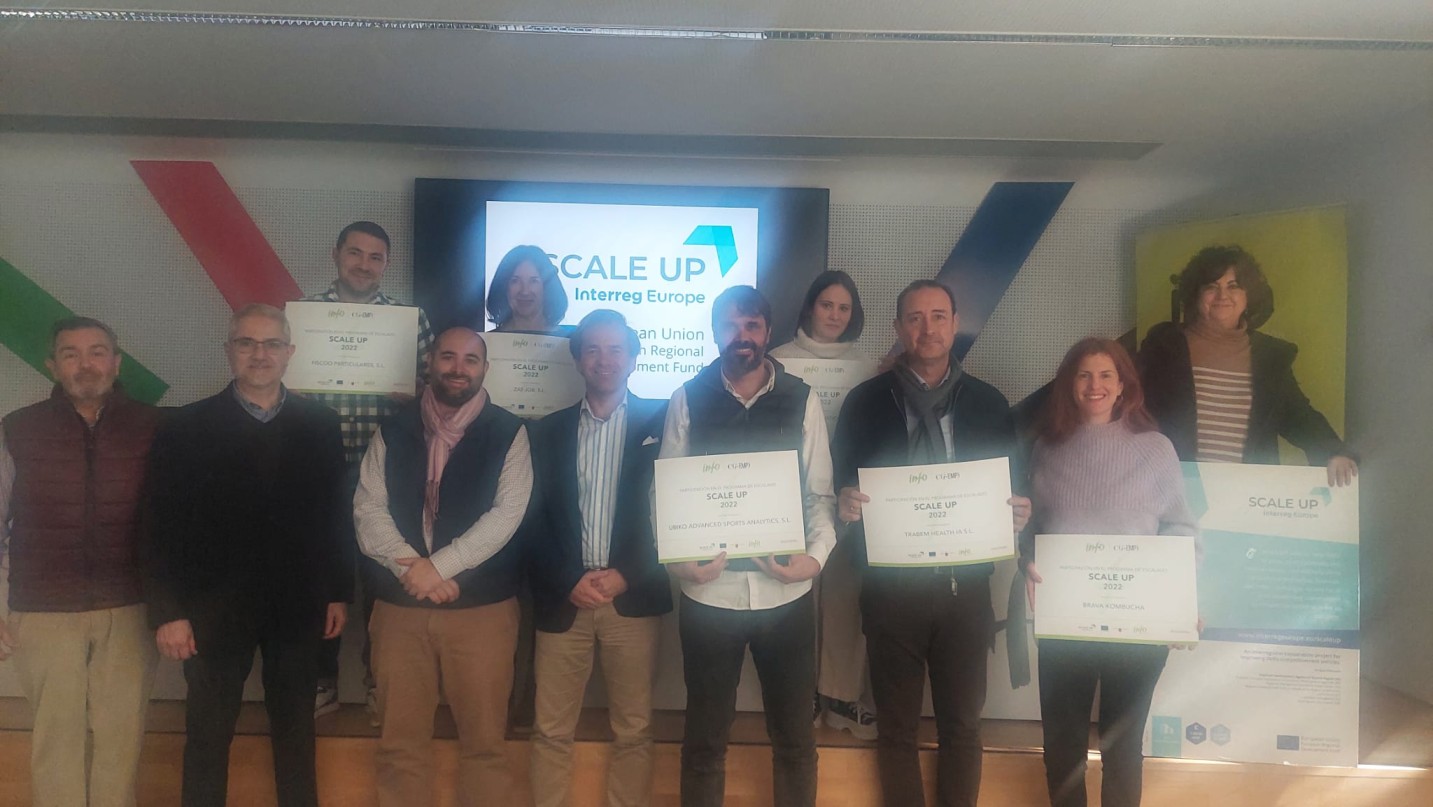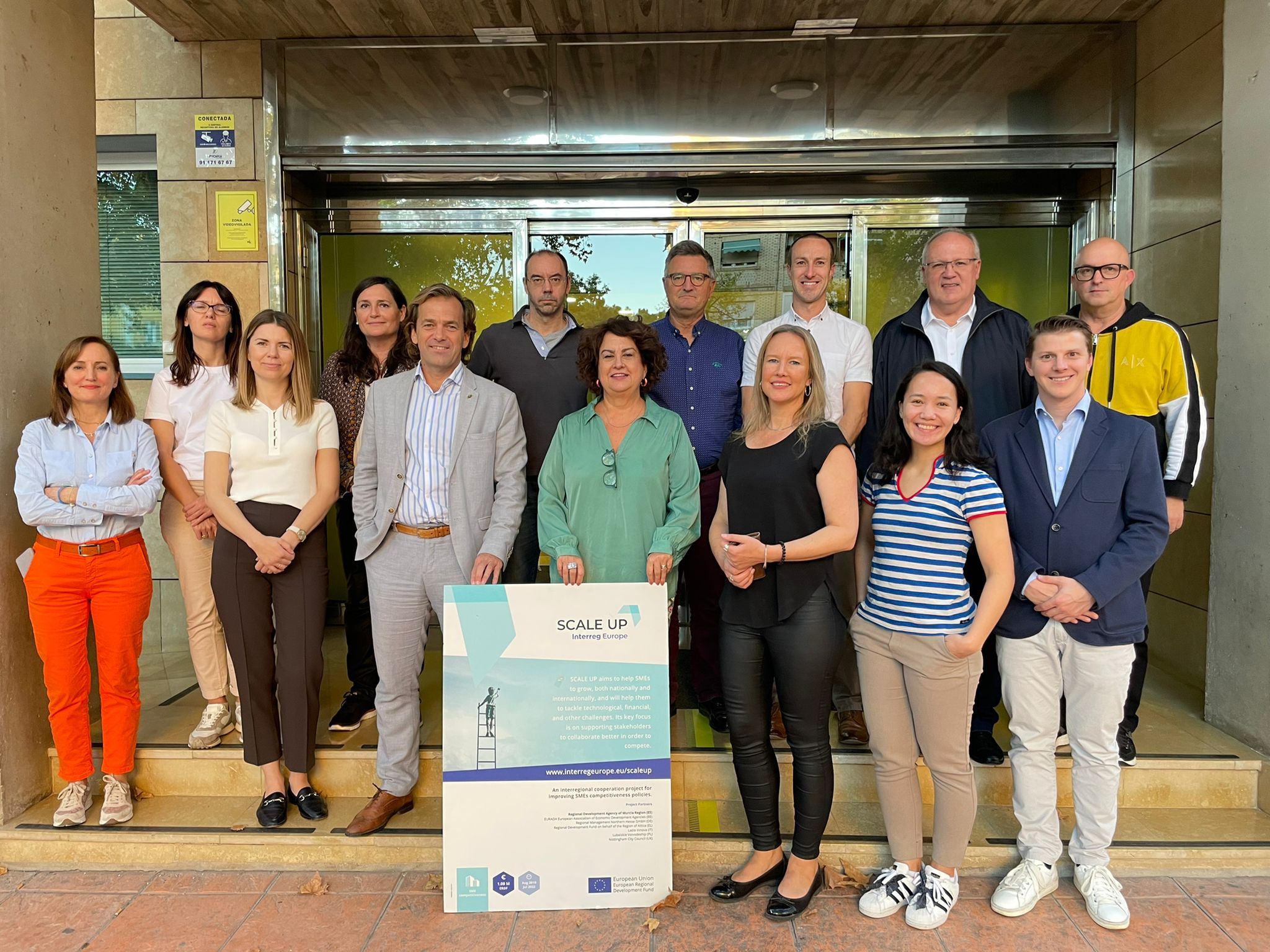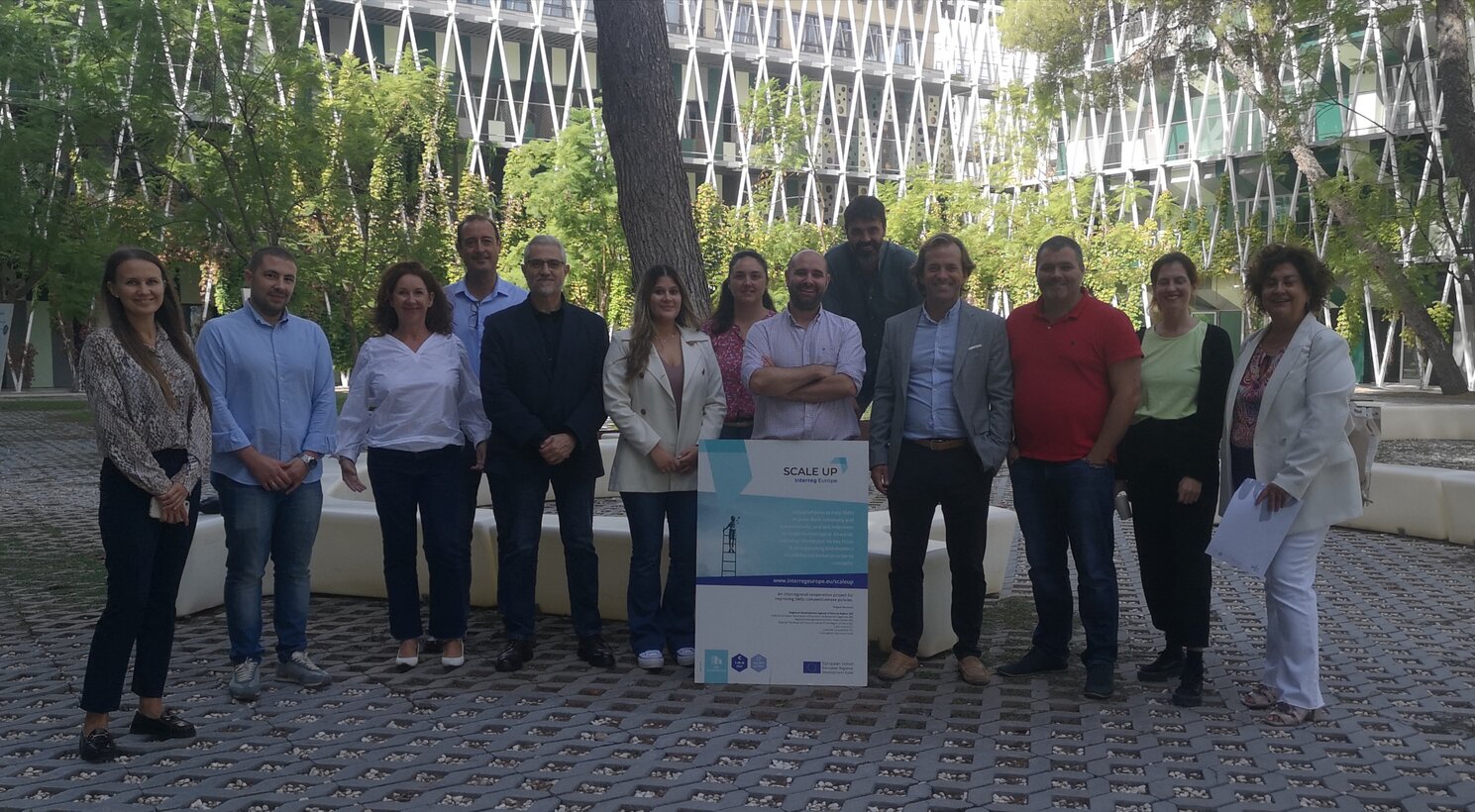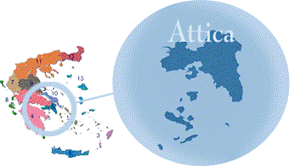Interreg Scale Up’s lasting impact
Over the course of more than 4 years of project implementation, the Interreg Scale Up consortium is proud to share with you the improvements it has made on the various policy instruments selected by our partner regions.
MURCIA
Our Action Plan consisted of a training program accompanied by mentoring sessions specifically tailored to the areas of interest and needs of each company. It was intended to replicate the areas of interest on the Strategic Leaders workshops that Nottingham carried out in their UpScaler best practice, aimed at companies that have a scalable profile or great potential due to technologies or capabilities. The workshops were accompanied by personalized mentoring sessions to advise companies in those areas of greatest importance for their scaling potential.
Through this, we learned that we should focus on enterprises with potential on innovation and internationalization, who have already forged a path in their initial growth to help them keep and increase their momentum.
HESSEN
Our action plan introduces a new format and methodology to assist companies in their innovation needs and ambitions. The project started in December 2021 with an analysis of the needs of the companies and a corporate identity development for the project. The official kick-off of the project took place in June 2022.
New insights from the project were passed among our relevant stakeholders during stakeholder events, involved were relevant stakeholders from the Northern Hesse innovation ecosystem, we as the Enterprise Europe Network located in Wiesbaden, Southern Hesse as well as the Ministry for Economic Affairs.
ATTICA
The action plan for Attica Region aimed to impact an Investment for Growth and Jobs programme. The policy change achieved was the preparation and launch of a new project called ’NKUA - Inventor of the year’. It was about connecting the research community to industry by guiding the best ideas from the lab to the market and was 100% achieved thanks to the ScaleUp Project.
The call for proposals for the Competition was out in December 2022. The submitted proposals covered a range of research fields, in relation to the priority areas of the RIS3 of Attica, such as agri-food, health and pharmaceutical products, and environmental technology. Following the process, interested researchers were invited to participate in a two-day training workshop on innovation, protection and commercialization issues and to resubmit their proposals in their final form.
LAZIO
As a matter of result, the innovative elements coming from Murcia’s Incoova best practice were introduced in the project 'ZAGATHON 4 NEXT: liveable and resilient living spaces'. The project saw the involvement in the Micro-Innovation Lab of teams composed by students, graduates, researchers and young professionals proposing innovative products/services and the possibility for them to be inserted in the Go-To-Market process in order to become a start-up.
Among others, the project incorporated the use of the open innovation methodology not only for the elaboration of innovative products/services but also for the creation of new companies, and the involvement of former entrepreneurs and skilled labour force expelled from the labour market.
LUBLIN
In Lubelskie’s Regional Action Plan, we addressed the ‘Technological Pilot’ programme. It is now included in the Regional Innovation Strategy of the Lubelskie Voivodeship until 2030.
During the implementation of the scale up project we have learned how to design public policy tools using design thinking methodology, how to combine direct support for entrepreneurs with strengthening the ecosystem in which they operate, and how to generate added value from ongoing projects (e.g. agreements with universities).
We are planning to continue to test the functionality of the Technological Pilot in the start-up and SME community (Eastern Bioactivity Cluster) and dissemination of the Technological Pilot as a tool to suport entrepreneurs and the EDP process
NOTTINGHAM
We had not previously used public funding to leverage private equity investments and this was the core concept we wanted to replicate from the ‘Subsidies to Entry’ project of Murcia. The policy change we have achieved is that the Growing Places Fund is now supporting the implementation of a new type of project that has not been implemented before.
The new type of project being implemented is an equity based finance product for our local SMEs (the ‘D2N2 Early Stage Angel Investment Fund’). The Growing Places Fund is a revolving loan fund so in the past it has mostly been used for large capital investments. We have been able to get approval for the equity fund on the basis that a proportion of the new fund will eventually be re-paid to the Growing Places Fund. So the Growing Places Fund remains a revolving fund but this is the first time it has been used as a direct business support programme.
